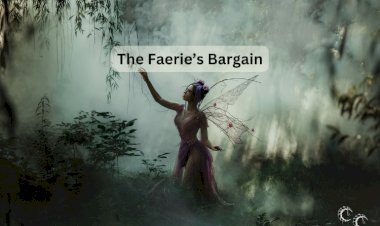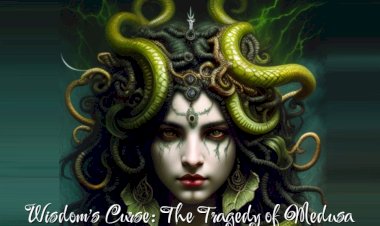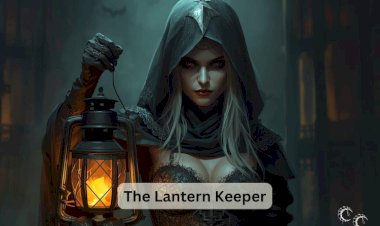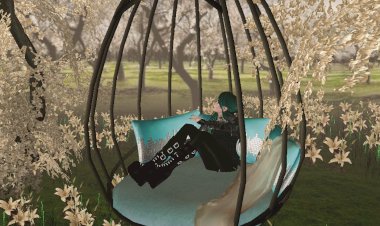The Skybound Choir
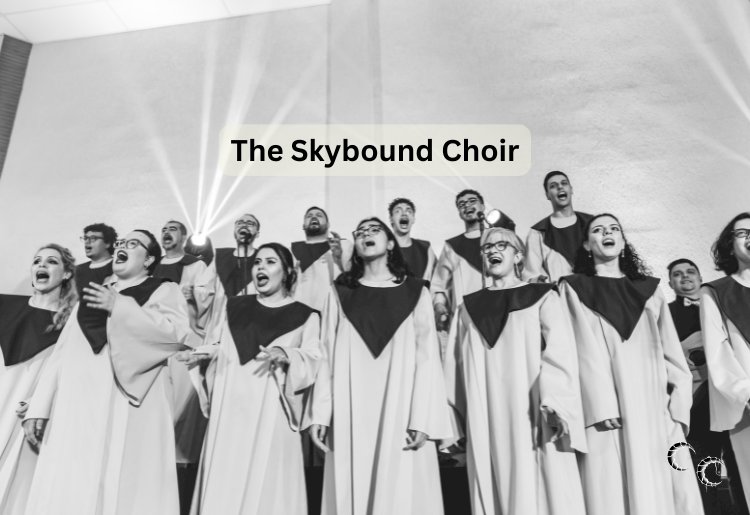
Every year, on the first night of the harvest moon, the Skybound Choir descended. They appeared when the stars aligned and the heavens seemed to hum with their arrival, a melody so haunting and beautiful it left the world in still reverence. For centuries, the Choir’s song was a miracle—bringing rains to drought-stricken lands, healing the gravely ill, or, on rare and grim occasions, leveling entire cities with its destructive refrain. No one knew who chose the Choir’s earthly member each year, only that the chosen always vanished once the song ended, their name carried away in whispers and legends.
Alaric had dreamed of being chosen his entire life. Born in a small village nestled in the shadow of Mount Alvora, he had grown up hearing stories of the Choir’s power and majesty. As a boy, he would climb to the peak, his flute in hand, and play his heart out to the open sky, hoping the celestial beings might hear him. Music was his life, his language, the thread that connected him to the world. But at twenty, his dream remained just that—a dream. Year after year, others were chosen, and Alaric was left behind, his melodies lost in the wind.
Then came the harvest moon. The air shimmered with an electric charge, the villagers gathering in the central square to await the sky’s opening. Alaric lingered at the edge of the crowd, his flute clutched tightly in his hands. He wasn’t sure why he had brought it; perhaps he sought comfort, or perhaps he still held a flicker of hope. When the heavens began to part, spilling light and melody into the world, he felt it—a pull, like an unseen hand guiding him forward. Gasps rippled through the crowd as Alaric stepped into the light, his heart pounding with disbelief. He was the chosen.
The ascent to the Choir was unlike anything he had imagined. The light carried him upward, through clouds that glowed with celestial hues, until he reached a place where time and space seemed to unravel. The Choir awaited him, their forms ethereal and ever-shifting, their voices harmonizing in a way that felt like both a greeting and an invitation. They did not speak as mortals did, but their intentions were clear. Alaric was to join them, his flute becoming the bridge between their world and his.
The first note he played was transcendent. The Choir’s song surrounded him, lifting him higher, wrapping him in a tapestry of sound and light. For a moment, he felt invincible, his music woven into the fabric of the cosmos itself. But as the melody grew, so too did a discordant undertone, subtle at first but impossible to ignore. It was a sound like chains rattling, like cries echoing through a vast void. Alaric faltered, his notes faltering, and the Choir paused.
“What is that sound?” he asked, his voice trembling. The Choir did not answer. Instead, they surged forward, their presence pressing against him like an unseen weight. He felt their will pushing him to continue, to play the song as it had been played for centuries. But now, Alaric saw what he hadn’t before—the song’s power came at a cost. It was not born of harmony but of sacrifice, the cries of those who had come before him woven into its every note. The Choir’s light, so beautiful from afar, was a facade masking something ancient and hungry.
Alaric lowered his flute. “No,” he said, the single word echoing in the boundless space. The Choir’s song shifted, their harmonies turning sharp, discordant. He felt their anger, their desperation, and behind it, their fear. The Choir needed him. Without an earthly musician, their song could not reach the world below.
“Why?” he demanded. “Why do you need us? What are you hiding?”
The Choir did not answer, but the truth came to him in fragments—a kaleidoscope of images and feelings that struck him like a thunderclap. The Choir was not divine. They were prisoners, bound to their celestial realm by an ancient magic, their song the key to maintaining the fragile barrier between their world and his. Each earthly musician who joined them became part of that barrier, their soul consumed to sustain the Choir’s power. Without the song, the barrier would fail, and the Choir would descend—not as healers or destroyers, but as conquerors.
Alaric’s grip on his flute tightened. He could feel the Choir’s will pressing against him, their power threatening to crush him if he did not comply. But he also felt something else—a thread of defiance, a sliver of control. The flute was his, the melody his to command. If he played, it would not be their song.
With a deep breath, Alaric lifted the flute to his lips and began to play. The Choir surged forward, their harmonies rising in an attempt to overpower him, but Alaric’s melody cut through them like a blade. His notes were raw and untamed, filled with the fire of his rebellion. He played not for the Choir but for the world below, for those who had been lost to their song and for those who would have been next.
The Choir’s light began to fracture, their forms unraveling as Alaric’s melody grew stronger. He could feel their power fading, the barrier weakening, but he did not stop. If the barrier fell, so be it. The world deserved to know the truth.
When the final note faded, Alaric found himself back on the ground, the harvest moon shining brightly above. The villagers stared at him in awe, their faces alight with wonder and confusion. The Choir was gone, their song silenced, and for the first time in centuries, the night was still.
Alaric’s flute was gone, but the melody remained, etched into his soul. He knew the Choir might return one day, their hunger too great to be contained forever. But for now, the world was free, and so was he.








